“Juvenile Justice” (소년 심판)
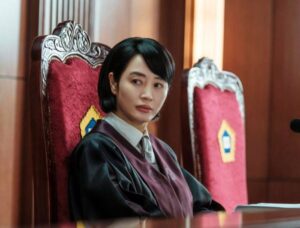
There has been much debate in South Korea about how to punish and rehabilitate underage criminals. “Juvenile Justice” deals with these issues in a taut manner, using the law to mete out judicial revenge.
Journalist, Author & Syndicated Columnist

There has been much debate in South Korea about how to punish and rehabilitate underage criminals. “Juvenile Justice” deals with these issues in a taut manner, using the law to mete out judicial revenge.
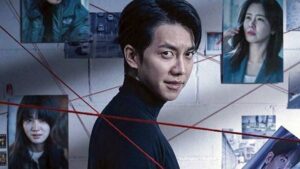
If there was a test that determined whether your unborn child carried a psychopath gene, would you trust it enough to terminate your pregnancy? Or would you believe that regardless of your child’s genetic makeup, you could raise him to be a good person who wouldn’t grow up to be a killer? Would you trust nurture or nature?
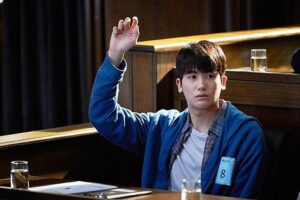
In 2008, South Korea held its first ever trial by jury in Dageu. In that trial, jurors deliberated for two hours before deciding that the 27-year-old man accused of robbing and assaulting a 70-year-old woman in her home was guilty. “Juror 8” is not a fictionalized version of those events. Rather, it’s a story about a man who plead guilty to murdering his mother and the first Korean jury that will determine his sentence.
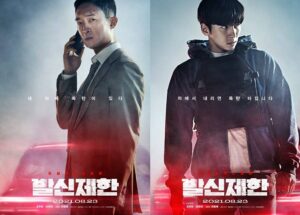
Seung-Gyu is an upper middle class bank manager who’s driving his children to school. While the kids bicker in the backseat, he answers a phone he doesn’t recognize. At first, he assumes it’s his wife’s phone and that the caller is trolling. But when the calls don’t stop, he worries about the what ifs. What if the caller isn’t lying? What if a bomb really will explode if he gets out of his car? What if?
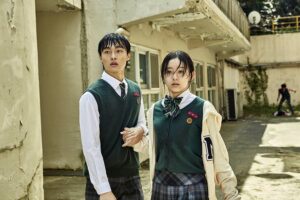
There’s a lot to unpack underneath the surface of Netflix’s hit zombie thriller. Here are six examples of how “All of Us Are Dead” utilizes the zombie genre to reflect on societal issues that are reflected around the world, with a focus on some issues unique to South Korea.

“The Hymn of Death” is a bittersweet three-hour mini-series that tells the real-life story of Yum Sim-Deok — Joseon’s first soprano — and Kim Yoo-Jin, a renowned writer and playwright. Set during the period when Korea was under Japanese rule, the tragic story is familiar to many Koreans.

During this pandemic when most of us can’t travel and are stuck at home, we can live vicariously through the delicious adventures of Rain and Noh Hong-chul in “The Hungry and the Hairy.”

Based on Gong Ji-young’s 2009 novel, “Silenced” is a brutal look at the systematic torture of children at a facility for the hearing impaired. Though Gong’s book is fictional, the stories she tells are based on the decades of real-life abuse that handicapped students endured at the Gwangju Inhwa School for the Deaf.

Based on the 2016 K-drama, “Cheese in the Trap” — which was based on the webtoon of the same name — this film adaptation is a good primer, but it’s lacking in telling the characters’ full stories.
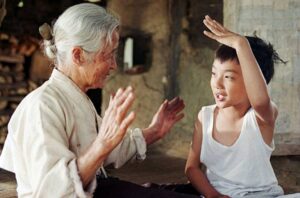
“The Way Home” is a bittersweet film about a young Seoul boy who is forced to spend the summer with his grandmother, who lives in the countryside. It’s not a quaint rural area that rich folks like to vacation in. Rather, it’s a small village where the bus comes on a irregular schedule and an angry cow chases little children.